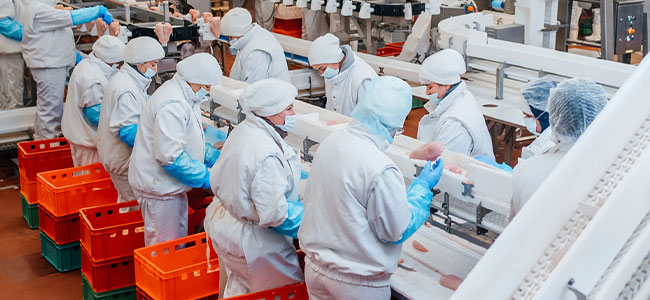
The company was cited for two willful and 11 serious violations.
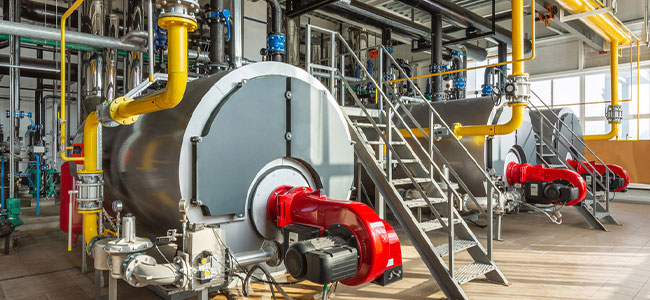
The proposed changes were filed on January 2, 2024.
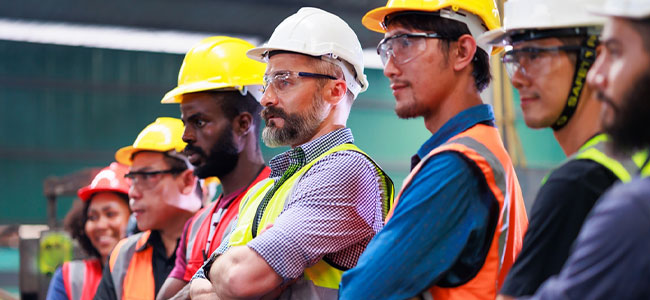
Applications are currently being accepted until April 1, 2024.
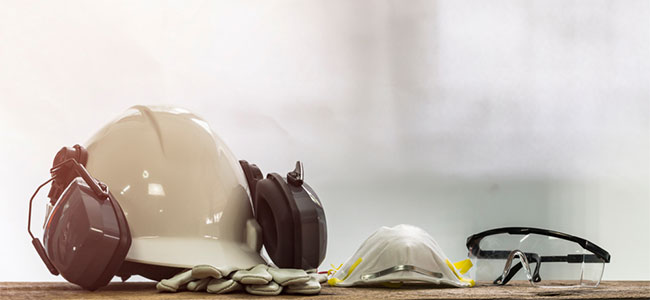
Establishing a PPE program will provide guidance to the organization, visitors and the OSH professional.

In the 21st century, the executive leader leads by example, sets the course, supports the team through time, resources, training and encouragement, and allows the team to function, recognizing successes and ensuring responsibility and accountability go together.

A thorough journey management plan will outline proactive processes and practices to protect the employee from hazards that are identified beforehand.
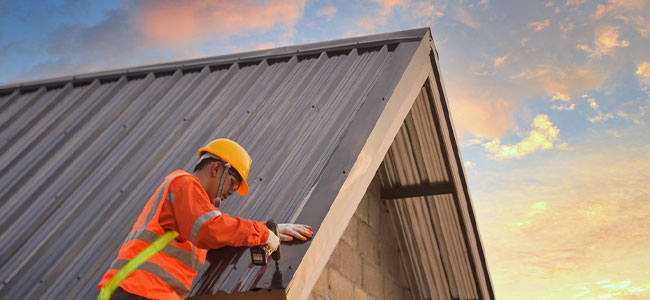
Miller Building Systems and related companies have been cited 20 over the past decade.
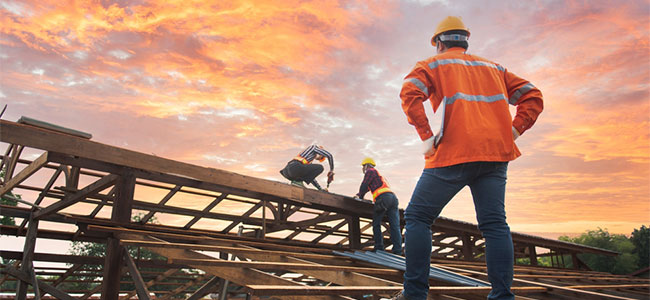
Charm Builders Ltd. has been the subject of repeated violations of workplace safety standards, particularly fall hazards, since 2009.

The new rule requires certain high-hazard industry employers to submit more comprehensive electronic injury and illness data.
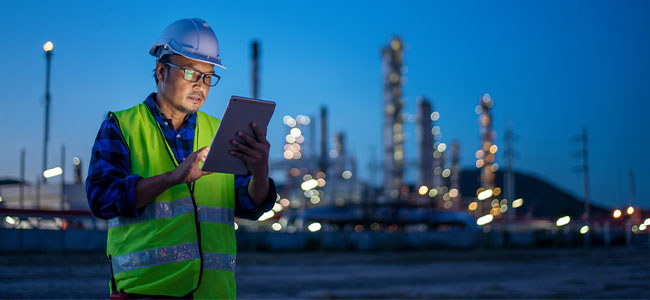
The updated rules focus on proactive risk reduction and enhanced safety measures.

FB International Inc. specializes in manufacturing trade show displays.
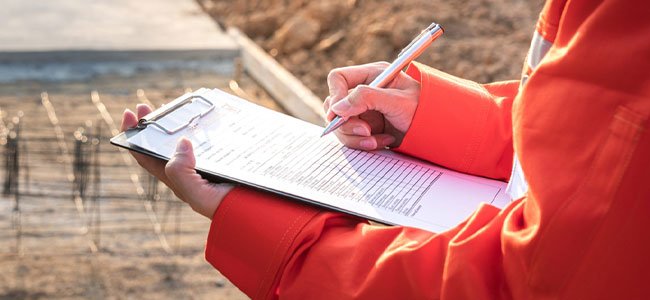
An organization that is well-prepared for such an audit will make the process less stressful and time-consuming for everyone involved.
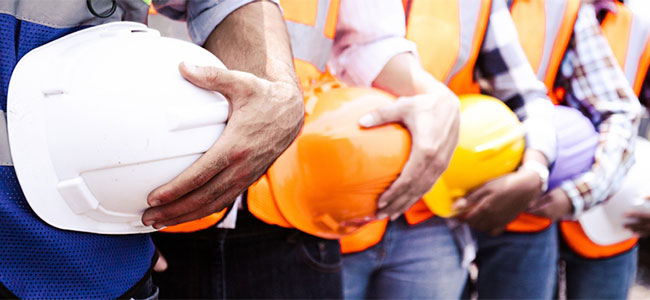
Selecting the best helmet is further complicated by the scarcity of test data that provide evidence-based guidance, but three key guidelines paint a clearer picture.

With new leaders or new employees, even if the leader’s behaviors are consistent, employees may not trust them yet but will trust their actions.

School administrators create a culture of safety by choosing school alert systems that include mobile panic alert buttons.